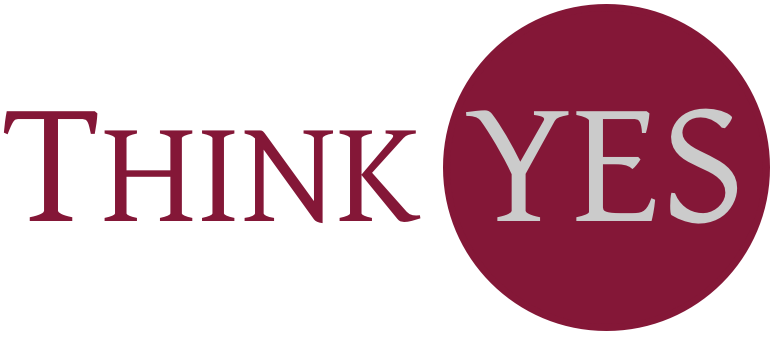Road Trip: “Aha!” Moments at Colgate University
/My last blog was about Hamilton College in central NY just a short distance from the subject of this blog, Colgate University in Hamilton, NY — both strong liberal arts schools; yet noticeably unique. My first Aha! moment was that Colgate University is actually related to Colgate toothpaste! That’s not all, the university was founded in 1819 by 13 men, with 13 dollars, and 13 prayers (Baptist). Friday the 13th is celebrated as “Colgate Day.” The school’s zip code is 13346 (3+4+6 = 13…so 1313). The university’s address is 13 Oak Drive. Alumni Hall has 13 steps between each floor…..Do you think we have a pattern going here?
Moving the fun stuff aside, Aha! Colgate’s known for debate. In 2015, their English debate team traveled to Oxford to debate, ranked 3rd in the nation and 10th in the world. The relatively new Spanish debate team went to Bolivia to compete in the world championship in 2015. Attracting such strong debaters, it is not surprising that Colgate’s curriculum is one that attempts to “push students out of their comfort zones.” In addition to the typical distribution requirements of a liberal arts school, there are four discussion-based courses required of all students before their junior year:
1. Legacies of the Ancient World: students are exposed to Aristotle, Plato, and other texts from the ancient Mediterranean and Near Eastern world.
2. Challenges of Modernity: students explore thinkers such as Darwin, Marx, and more who have impacted modern life through scientific discoveries, urbanization, industrialization, capitalism, imperialism. As our tour guide pointed out, since students can take these courses with professors of their own interest areas, “Darwin with a bio teacher is very different from Darwin with a philosophy teacher.”
3. Communities & Identities: students understand the cultures and human experience of 30 different region of the world — some of which tie in study abroad.
4. Scientific Perspectives on the World: students apply scientific methods to some non-scientific things — with 75 different courses to choose from.
Two thirds of Colgate students study abroad on one of the 23 Colgate professor-led programs, a political science program in Washington DC, or a research program with the NIH. Extended Study Programs also exist where the whole class goes abroad for two additional weeks at the end of the semester. Sophomore Residential Seminar is available to roughly 90 students where a professor takes a class abroad for the semester.
A program that caught my eye was TIA — Thought in Action — an alumni initiated and co-managed student incubator. In its 5 years, 80 mentors have worked with 171 student entrepreneurs to create 107 ventures. TIA now supports an Entrepreneur’s Fund, giving $15,000 of seed money to six start-ups in its first year.
Roughly 90% of students live on campus all four years with 30-40% members of Greek Life. Affinity or interest houses are a choice for sophomores through seniors. All freshmen live together at the top of the hill on campus. Nearly a quarter of applicants to Colgate are international students yet they represent approximately 10 percent of the student body.
Colgate seems to provide a breadth of experiences inside and outside the classroom. Graduates are successfully employed. Various business (management, financial services, consulting) and communications companies top the list as most prevalent and admission to law and med schools is well above the national average.
Consider Colgate if you are looking for a small, rural liberal arts college that is going to push you to think outside of your comfort zone; if you have an interest in debate and business, even better.



